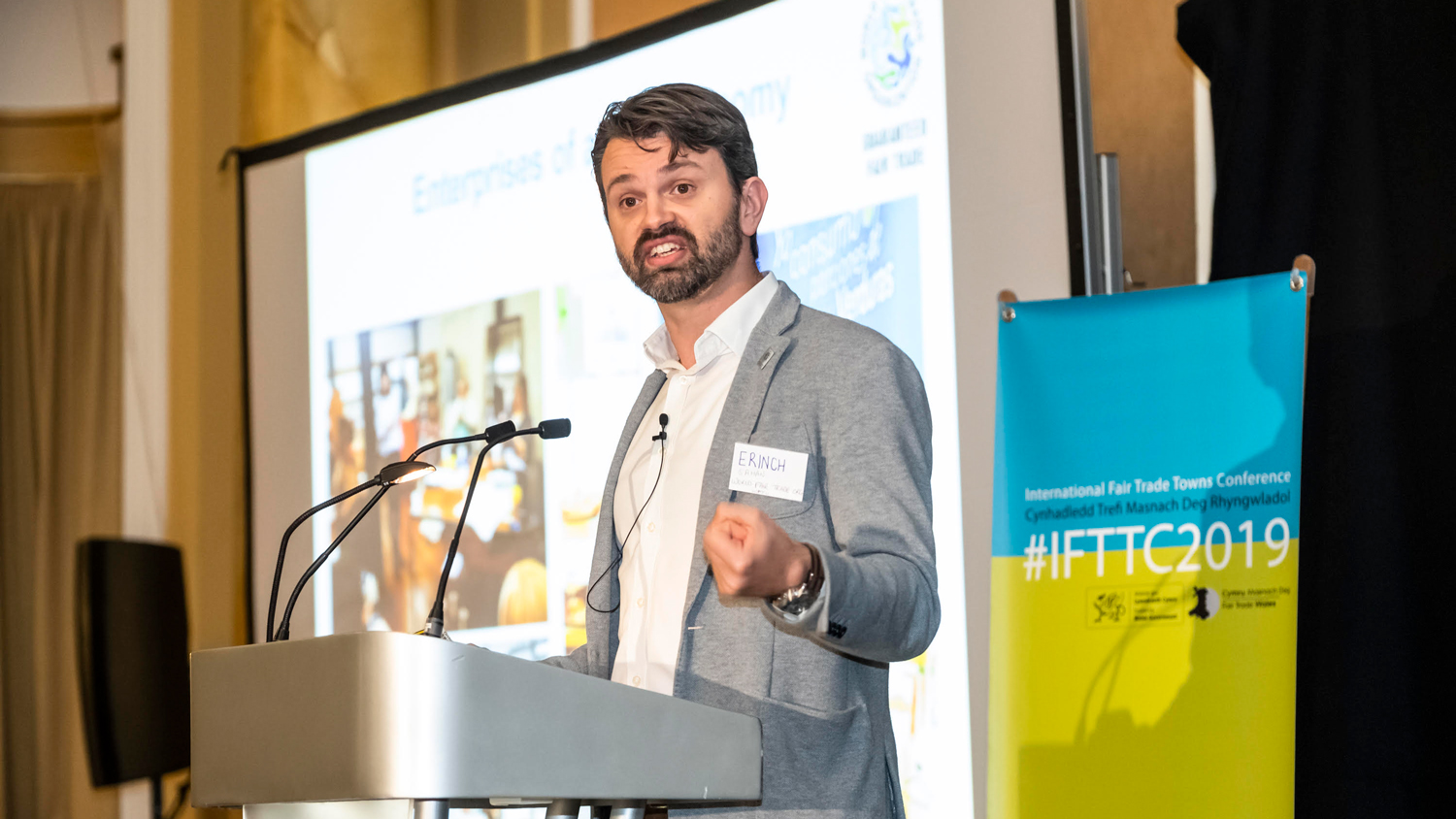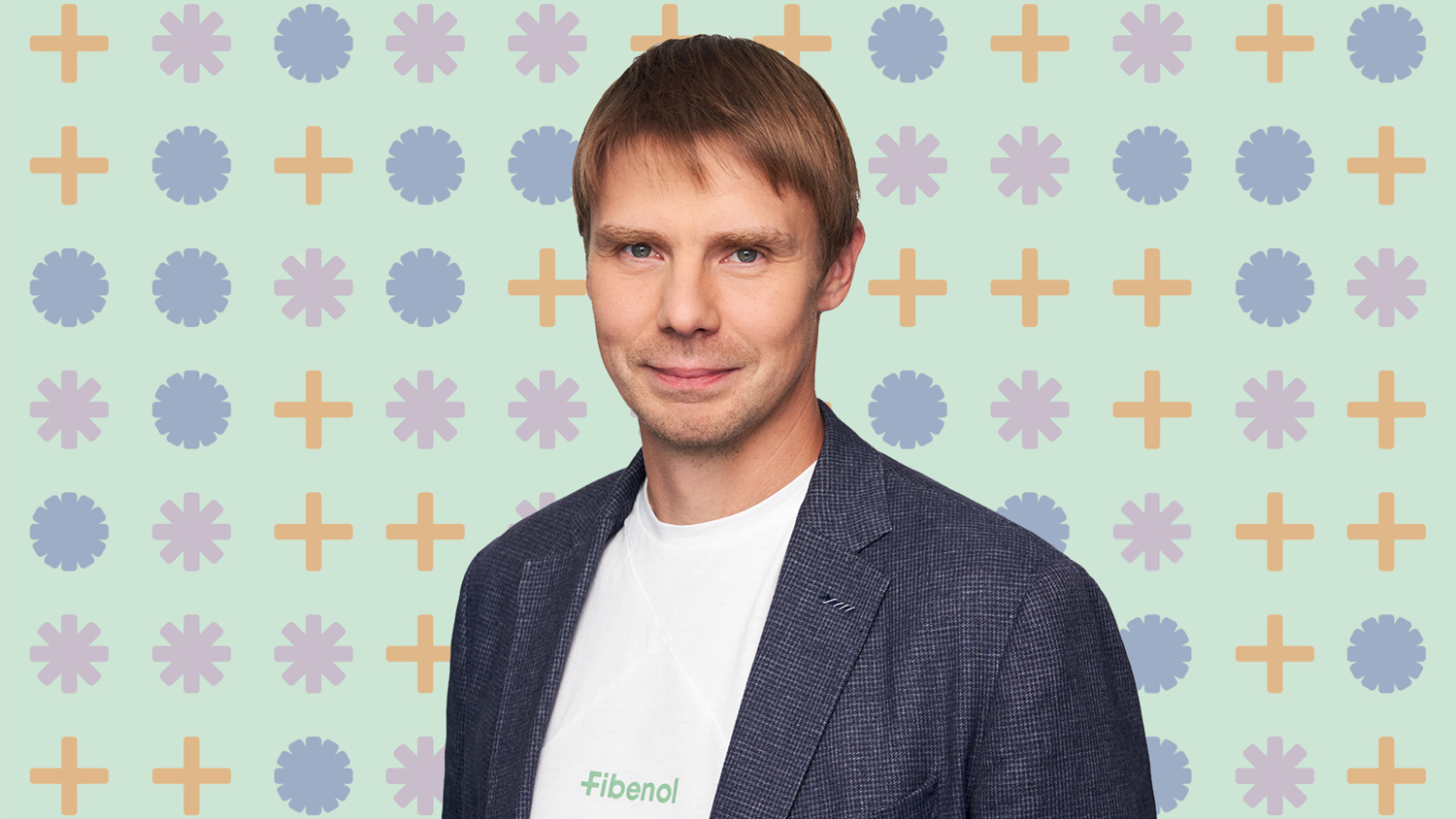Meet Johannes Tervo, the environmental engineer from Finland, who is revolutionizing company impact assessment with Upright. With a fresh quantification model, Upright is on a mission to reshape today’s capitalism, offering tangible incentives for companies to maximize their positive contributions to the world.
Can you shortly share your background and journey that led you to focus on sustainability and environmental engineering?
The reason I pursued studies in environmental and energy engineering stemmed from a pivotal moment in high school. A teacher shared a graph outlining the primary drivers of current climate change, followed by another graph depicting the significant contribution of the energy sector, comprising 30-60 percent of climate emissions depending on the factors considered. This revelation sparked a sense of purpose within me, driving me to contribute to the well-being of our planet.
In your opinion, what are the biggest challenges facing the world in terms of sustainability today?
With the ongoing climate crisis, one question has remained central: how do companies impact the world around us? ESG reporting, the most commonly used method to assess this, solely focuses on the company’s financial risks associated with environmental or social issues. The global ESG and impact discourse is in dire need of common sense and understanding of what is big and what is not.
Currently, the largest impacts of a company’s core business are buried under masses of details on ways of working and reporting. Apples are compared to oranges and facts are replaced by opinions in Twitter feuds. We need transparent and comparable data for all to access.
How do you see the role of environmental engineering in addressing these sustainability challenges?
Given the significant contribution of the global private sector to CO2 emissions, as an environmental engineer, I seek to create incentives for companies to focus their efforts on products and services that are net positive for the environment or, at least, utilize fewer environmental resources than an alternative.
How can companies ensure transparency and accountability in reporting their sustainability efforts and impacts?
I believe the crucial aspect is that we cannot rely on companies’ own sustainability reporting. It’s essential to have an impartial third party calculate the impact using standardized methodologies. That is the key. A key point is also to understand that no amount of sustainability reporting will make a company that takes more than it gives to the world truly sustainable.
Looking towards the future, what do you envision as the key trends or developments in the field of sustainability and environmental engineering?
We begin viewing impacts in monetary terms: what is the actual cost of CO2 emissions or health problems caused by tobacco? People will grow more and more aware of the actual impacts of companies, and companies won’t be able to hide behind greenwashing or cherry-picking their favorite ESG initiatives. Companies need to be prepared to address their holistic impact on the world: what products and services they produce, and how do those impact the people and the planet, both on the positive and negative side.
What is your controversial/unpopular opinion about sustainability? Also – your biggest dream?
Navigating conversations with sustainability professionals can pose a challenge, particularly when considering the harsh reality that operating within a domain or conducting business activities that are profoundly net negative for the world, such as fossil fuel production, can significantly diminish the positive impact one hopes to achieve. Despite improvements in the fossil fuel sector, the overarching net negative impact remains, the costs of for the world are just bigger than the benefits. Similarly, confronting established mindsets, as seen in the dairy industry, where old common belief advocates milk consumption for strength, presents a challenge. However, upon closer examination, the net negative implications of such practices force us to reassess outdated beliefs and forge ahead with new understanding.
My greatest aspiration for sustainability is to see concrete changes in the investment landscape. Rather than vague goals like reaching 1.5 degrees or below, I envision a concrete shift where, upon opening my investments account online, I can readily access and invest in net positive businesses, not merely those that are ESG-labelled. This would mark a significant victory, one that I believe is achievable in the near future.
Looking further ahead, I hope for greater transparency in company information, readily accessible to all, enabling individuals to make more informed decisions and drive positive change through their investment choices.









